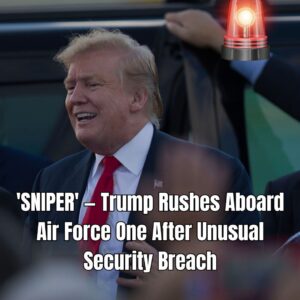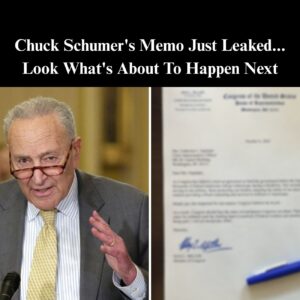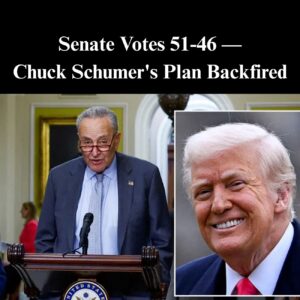Senate Republicans are concerned about the precedent established by Senate Democrats regarding future spending disputes as the shutdown enters its 20th day.
Senate Minority Leader Chuck Schumer, D-N.Y., and the Democratic caucus have firmly entrenched themselves in their demand for an extension of expiring Obamacare subsidies, reframing the discourse from a struggle to finance the government to a contentious confrontation over healthcare.
It has been more than three weeks since Schumer and the Democrats obstructed the Republicans’ initial effort to enact the House GOP’s continuing resolution (CR). Since that time, there have been no indications that Democrats are prepared to relent on their demands.
“I think Schumer has basically sort of destroyed the institution of the Senate,” Sen. Rick Scott, R-Fla., told Fox News. “He has, you know, whether it’s what he’s done on the nominees or with this shutdown. I think he’s made government unmanageable. So, hopefully, this is not the way we continue to operate.”
Senate Republicans now perceive the Democrats’ stance on the shutdown as an act of hostage-taking, with no substantial basis for negotiations until the government reopens.
“We can’t negotiate with them until we come out of shutdown,” Sen. John Hoeven, R-N.D., told Fox News Digital.
“You can’t hold the government hostage. And that’s why it’s very important — we’ve said we’ll work on all these different issues they want to bring up. But you can’t shut down the government, hold the government hostage as part of negotiation,” Hoeven added.
The informal discussions, which Republicans emphasize are not comprehensive negotiations, have yielded a conciliatory gesture from Senate Majority Leader John Thune, R-S.D., who indicated to Senate Democrats that he would provide them a vote on the Affordable Care Act (ACA) premium tax credits in exchange for their support in reopening the government.
Last week, for the tenth time, they obstructed his attempt to restore the lights and subsequently impeded a procedural motion to enable members to deliberate on the annual defense budget measure.
In both cases, Democrats sought assurances that Thune and the Republicans were unable to furnish.
“The Dems, someday, they’re going to rue the day they did this, because we have offered up an open appropriations process, regular order, doing things that way,” Thune told Fox News.
“I think it’s unfortunate, but it’s a reality that we’re dealing with,” he continued. “And I hope they change their mind and realize that it’s in everybody’s best interest to try and at least get the government open and then start going to work and funding the government the old-fashioned way.”
Numerous Republicans anticipated that following the “No Kings” event in Washington, D.C., over the weekend, Senate Democrats would reconsider their stance.
Conversely, some perceive it as a performative opportunity for congressional Democrats to demonstrate their resistance against President Donald Trump and the GOP.
Senate Majority Leader John Thune said last week that at least two additional Senate Democrats are in discussions to break ranks with Schumer.
The partial government shutdown has now nearing three weeks.
So far, only three Senate Democrats — John Fetterman (PA), Catherine Cortez Masto (NV), and Angus King (ME), an independent who caucuses with Democrats — have joined Republicans in supporting efforts to release federal funds. Senator Rand Paul (R-KY) remains the lone Republican holdout.
But Thune indicated to Fox News that more Democrats are set to join Republicans in support of a clean continuing resolution to reopen the government.
The House has already approved a temporary funding measure to keep the government open through late November, but Schumer has thus far prevented most of his caucus from backing the bill.
The measure requires 60 votes to advance in the Senate, meaning at least eight Democrats would need to cross party lines if Paul continues to oppose it — a move Thune suggested is increasingly likely.
He revealed that Republicans now have 55 votes to fund the government when the motion goes to the floor for the ninth time, indicating that two additional Democrats support it.





